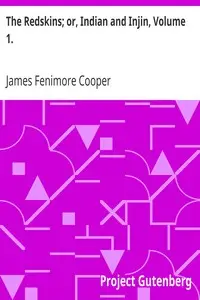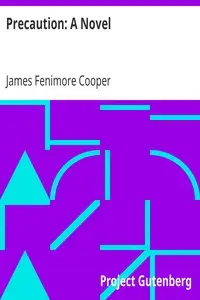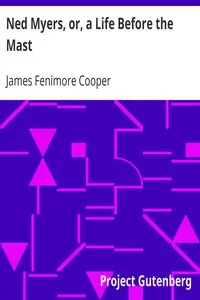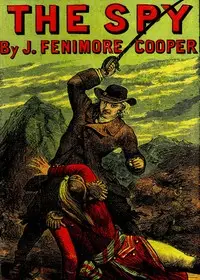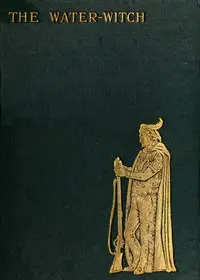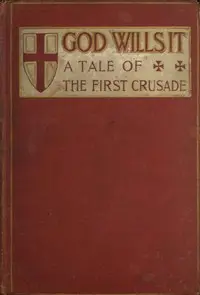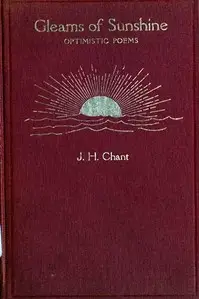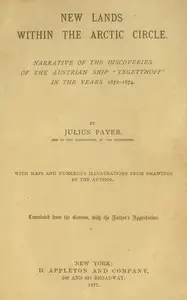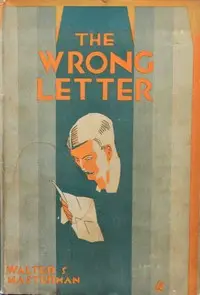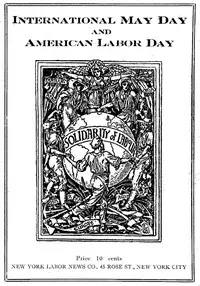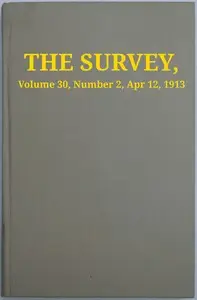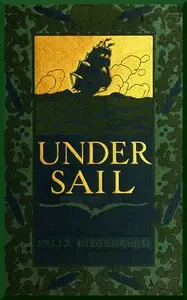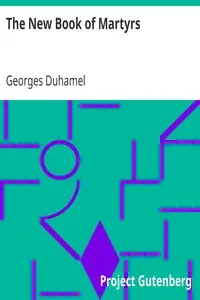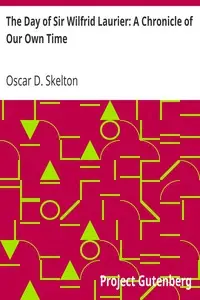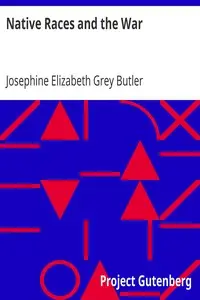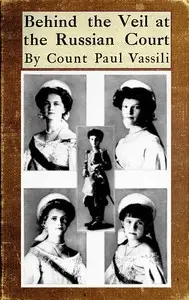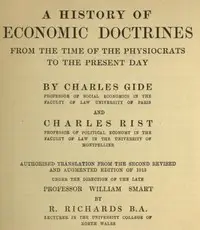"Mercedes of Castile; Or, The Voyage to Cathay" by James Fenimore Cooper is a historical novel written in the mid-19th century. The narrative centers around notable figures from the time of Christopher Columbus, particularly focusing on Isabella of Castile and Ferdinand of Aragon, as they navigate political intrigues, personal connections, and the early developments of their reigns. The novel seems to explore themes of love, power, and the quest for unity amidst the complexities of Spanish politics during an essential period in the nation's history. The opening portion of the novel introduces the reader to the historical context of 15th century Spain, notably the reigns of King John II of Aragon and King Henry IV of Castile. Through discussions among noble characters, we see the backdrop of political alliances and rivalries, particularly surrounding the marriage prospects of Isabella, who is depicted as a wise and determined royal with a strong sense of duty to her kingdom. The narrative sets up the unfolding drama of Isabella's decision-making regarding her marriage and portrays her character as both modest and resolute. As the potential conflict between the powers of Aragon and Castile looms, the excitement of an impending journey and its significant implications for the kingdoms are established, laying the groundwork for the unfolding story of their exploration and the adventures that await them. (This is an automatically generated summary.)

Mercedes of Castile; Or, The Voyage to Cathay
By James Fenimore Cooper
"Mercedes of Castile; Or, The Voyage to Cathay" by James Fenimore Cooper is a historical novel written in the mid-19th century. The narrative centers ...
James Fenimore Cooper was an American writer of the first half of the 19th century, whose historical romances depicting colonial and indigenous characters from the 17th to the 19th centuries brought him fame and fortune. He lived much of his boyhood and his last fifteen years in Cooperstown, New York, which was founded by his father William Cooper on property that he owned. Cooper became a member of the Episcopal Church shortly before his death and contributed generously to it. He attended Yale University for three years, where he was a member of the Linonian Society.

